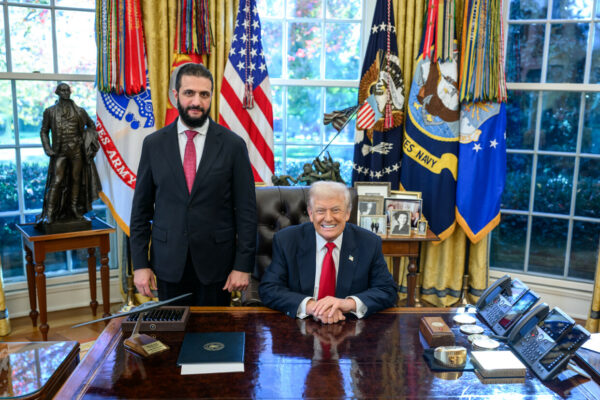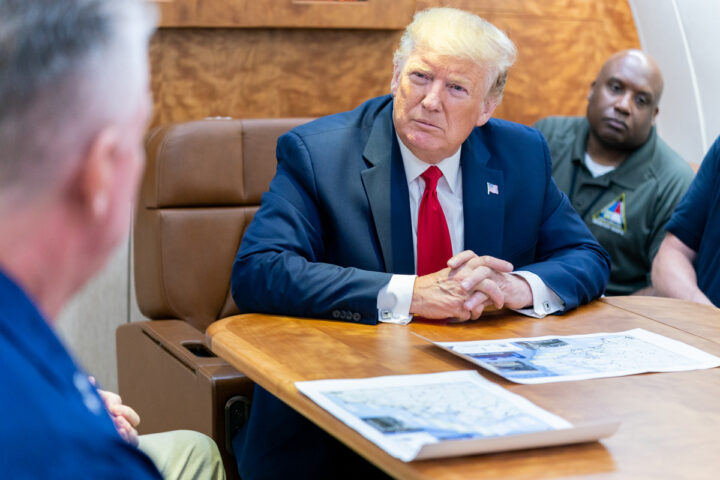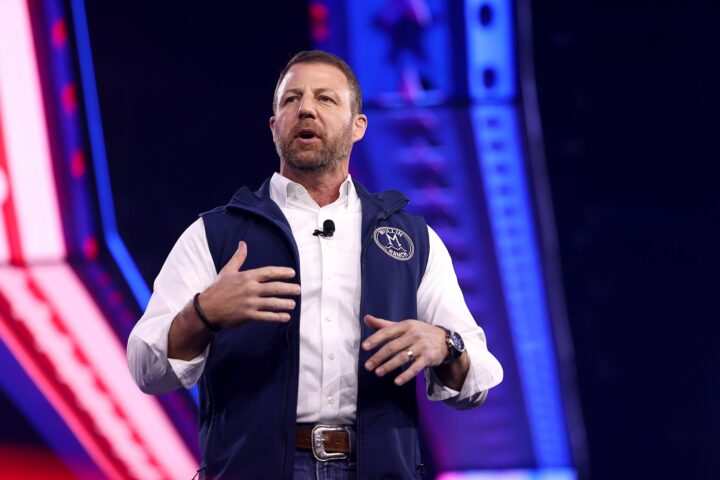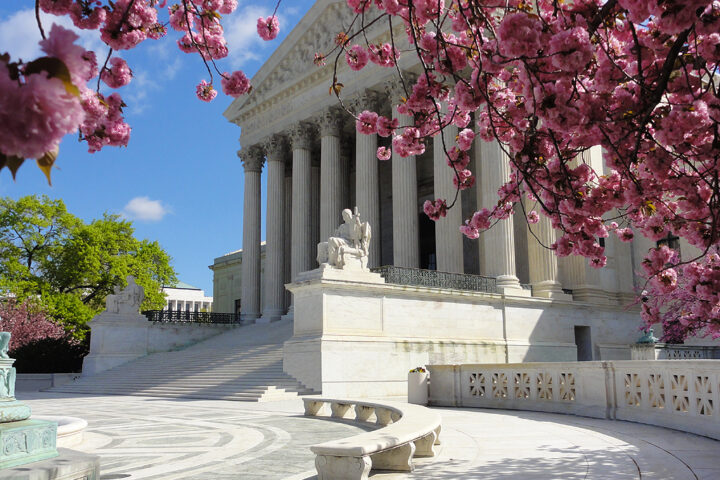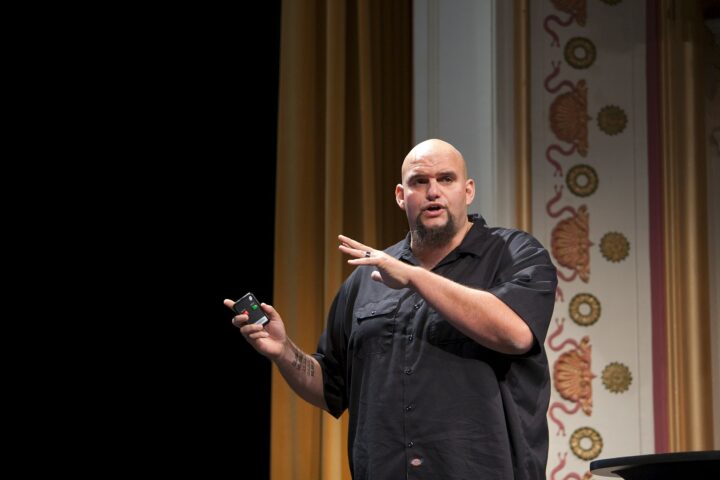Syrian President Ahmed al-Sharaa declined to take responsibility for the September 11, 2001 terrorist attacks in a Fox News interview Monday, distancing himself from one of the darkest days in American history even as his visit to Washington marked a major diplomatic milestone.
Nearly 3,000 Americans were killed in the attacks on New York City, Washington, D.C., and Shanksville, Pennsylvania. Yet when asked directly on Fox’s “Special Report with Bret Baier” whether he regretted the attacks, al-Sharaa avoided any admission of culpability or remorse. “I was only 19 years old, so I was a very young person, and I didn’t have any decision-making power at that time, and I don’t have anything to do with it,” he said. “And al-Qaeda was not present right then in my area. So you’re speaking to the wrong person about this subject.”
Instead of addressing the question, al-Sharaa pivoted to broader themes of war and suffering. “We mourn for every civilian that got killed,” he said, adding, “we know that people suffer from the war, especially civilians who pay the price, a hefty price for the war.”
The interview came on the same day that President Donald Trump hosted al-Sharaa at the White House — a meeting that symbolized the administration’s willingness to reset relations with Syria following decades of hostility under Bashar al-Assad.
The visit was the first by a Syrian head of state since the country gained independence in 1946, according to NPR.
Al-Sharaa’s presence at the White House was striking for another reason: the Syrian leader is a former al-Qaeda fighter who once battled U.S. troops in Iraq and spent time in the notorious Abu Ghraib prison.
The U.S. government quietly removed his name from its terror list just days before his arrival in Washington.
Trump’s decision to welcome al-Sharaa, and to lift U.S. sanctions on Syria as he announced in a May speech in Saudi Arabia, reflects his administration’s belief that pragmatic engagement can better serve American interests than continued isolation.
For Trump, it is part of a broader foreign policy pattern that prioritizes results over rhetoric and seeks to reshape alliances in a volatile region.
Al-Sharaa came to power after leading a rebel coalition that overthrew Assad’s regime in December 2024. Once the head of the hardline Islamist group Hayat Tahrir al-Sham, he has since attempted to present himself as a reform-minded nationalist aligned with Western democratic values.
Legacy media outlets have gone so far as to describe his government as “moderate” compared to Assad’s brutal rule, though critics caution that his record remains murky.
For many Americans, however, al-Sharaa’s comments on Fox underscored lingering doubts about his transformation. His refusal to express direct regret over 9/11 — even while seated in a friendly U.S. television studio — served as a reminder of the deep moral complexities behind Washington’s new diplomacy with Damascus.
While the White House cast the visit as a breakthrough for stability and counterterrorism cooperation, al-Sharaa’s evasive remarks left unanswered questions about accountability, history, and trust — issues that still haunt America’s post-9/11 foreign policy.
[READ MORE: Far-Left Streamer Hasan Piker Insults American Patriotism During Chummy Visit to Communist China]

